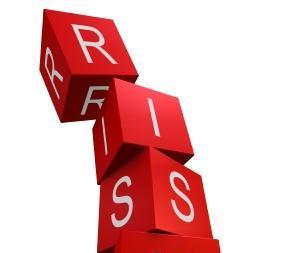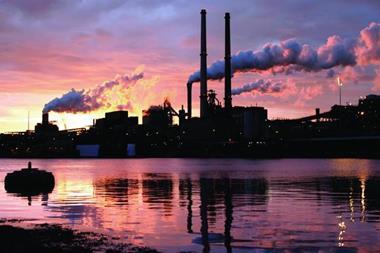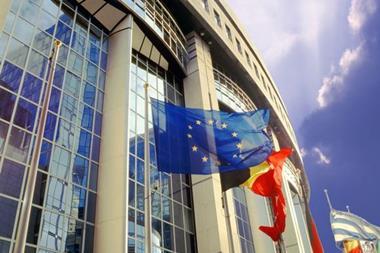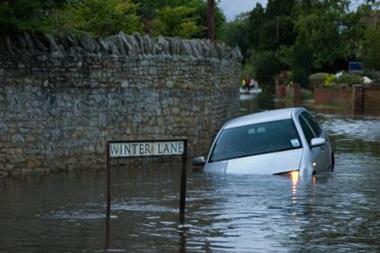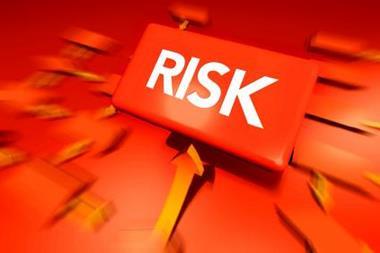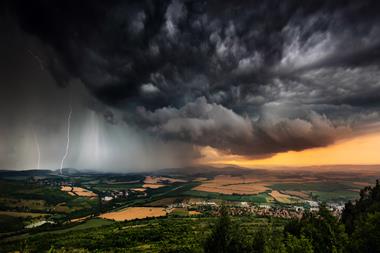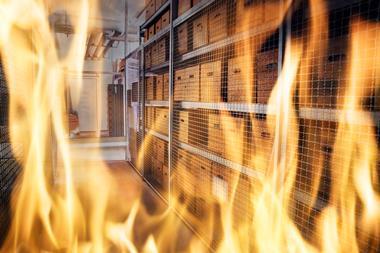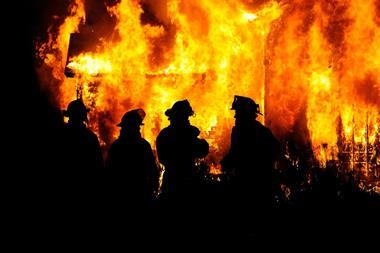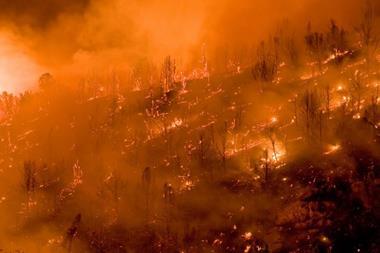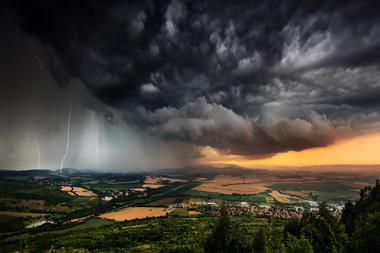FERMA president warns of changing external environment
One of the most important challenges facing risk managers today is that posed by the changing external environment, warned Marie-Gemma Dequae, FERMA president, in an exclusive interview with StrategicRISK’s FERMA daily.
“By ‘changing external environment’ I mean not only climate change with, for example, the increased incidence of flooding in the UK and other parts of Europe, but also aspects like the scarcity of some goods and the price increases of raw materials in some areas,” commented Dequae.
Speaking of the interdependency of risks and how one incident could have a knock on effect creating problems for many other parts of business, Dequae said: “If you have major flooding in an agricultural region which damages crops, other industries are affected and lose business… Taking the example of a crop loss through flood, this has repercussions for many transport companies, packaging companies and so on.”
“These changes mean that risk managers have a responsibility to build good structures and procedures within our companies to capture these risks and to update and manage them,” she said.
Citing the increasing role of the BRIC (Brazil, Russia, India, China) countries—and possibly eluding to the Chinese governments recent launch of a company to invest its vast foreign reserves—Dequae counseled: “More and more European businesses are becoming active in these regions but it is not a one-way trend. For example, Chinese enterprises are looking to take over or invest in European businesses. This means heightened competition for Europe.”
On getting the value of risk management across to senior management, Dequae said: “We need to have the tools to establish these important risks and use the communication lines upwards to get the message on what we are doing about them across. If the board considers that what you are doing is valuable for the company, it will take notice.”
She added: “We have to be careful not to adopt a bureaucratic non-flexible ERM system which focuses purely on things like risk registers and risk reporting.”





